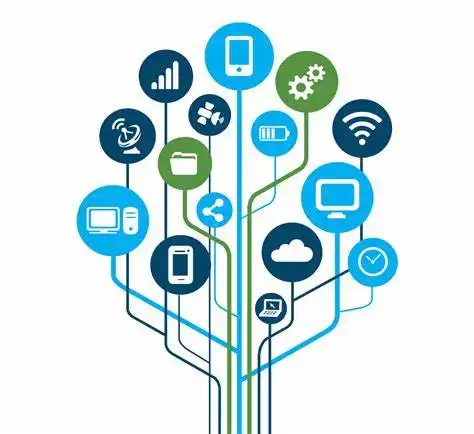Repairing electronic devices can be necessary and routine for consumers. However, this activity might be accompanied by unexpected consequences, such as various forms of privacy breaches. Based on an investigation by CBC, this article invites you to contemplate the extent of the risks involved in device repair.
Consumers frequently entrust their laptops, phones, and other electronic gadgets to technicians for repairs. Unbeknownst to some users, however, is the potential privacyy risk associated with this trust. The issue poses a considerable challenge to consumer privacy, especially in this digital age where extensive personal details are stored on these devices.
Outside malicious threats, individuals often fail to realize that technicians have full access to their devices during repairs. This access extends beyond hardware and can touch on personal and confidential data. Such information may range from confidential work documents to private photographs, all essentially left on the workbench.

Furthermore, it would be naïve to believe that all technicians respect customer privacy. There exist troubling instances of unscrupulous technicians, attracted by the allure of unrestricted data access. The CBC investigation exposed such incidents, underlining how unauthorized snooping has become commonplace in repair workshops.
Laws and regulations designed to ensure privacy during repairs generally lag behind technological advancements. The existing rules may be too unspecific or inadequate. This legal vacuum provides an opportunity for repair technicians to profit from customer data without facing any significant repercussions.
Considering data privacy, the debate is not whether it is happening but rather how prevalent it is within the repair sector. It is noteworthy, however, that this illegal activity remains under the radar, with most cases going unreported or unnoticed due to the difficulty in tracing breaches back to technicians.
This lack of comprehensive legislation, combined with the pervasive nature of snooping, casts a shadow over the credibility of the repair industry. The lack of faith in repair workshops and technicians translate into heightened consumer paranoia and hesitance to avail repair services.
These growing concerns necessitate a call for stricter rules and increased vigilance on the part of repair shops. The repair industry stands to lose more than consumer trust in this fundamental issue. It could face dwindling profits, stiff regulatory sanctions, or risk being overwhelmed by more ethical competitors.
Fortunately, proactive measures are available for consumers to protect their data. One prevalent method is to back up and erase all the data on the device before handing it over for repairs, effectively ensuring that no personal data is accessible during servicing.
Additionally, users can make use of encryption to secure their sensitive data. More complex solutions also exist, such as creating separate accounts for technicians that limit the scope of accessible data, ensuring that critical files remain confidential.
Companies like Apple have already imposed such stringent guidelines, allowing diagnostics and servicing without breaching customer data. These proactive measures make snooping less rewarding and more challenging for potential violators.
However, the onus should not rest solely on consumers to protect themselves. The responsibility should be shared with repair industry professionals who must strive for transparency, accountability, and respect for privacy rights.
Moreover, consumers have the power to demand better protection through their repair choices. Sourcing repair solutions from businesses that respect personal data privacy can be an effective way to reinforce industry standards and discourage unethical practices.
As consumers continue to embrace digital solutions, personal data privacy gains prominence. With increasing concerns over unsolicited data access, it may be time for a reassessment of our collective strategies. The current model where consumers bear the brunt of privacy breaches requires reconsideration, and a more balanced approach should be sought.
Digital service providers must also play their part in educating consumers about potential risks and the importance of data privacy. Both independent repair shops and manufacturers stand to gain from this, as increased education serves to align the consumer experience with the goal of improved data security.
Ultimately, the concerns raised by the CBC expose are not a reason for alarm but an invitation for reformation and proactive defense. By understanding and addressing these concerns, consumers, service providers, and administrators can work towards a safer, more reliable repair industry.
Defending against data snooping can seem intimidating, given the craftiness of individuals willing to go to any length to gain unauthorized access. Equipped with the right information and tools, however, preemptive defense can go a long way towards ensuring that the trust placed in repair technicians is not misplaced.
The challenge now lies not only in enacting federal legislation to counter these privacy breaches but also in restoring faith in an industry riddled with trust issues. It is crucial to understand that while the potential for abuse exists, so does the capacity for prevention and adherence to ethical standards.